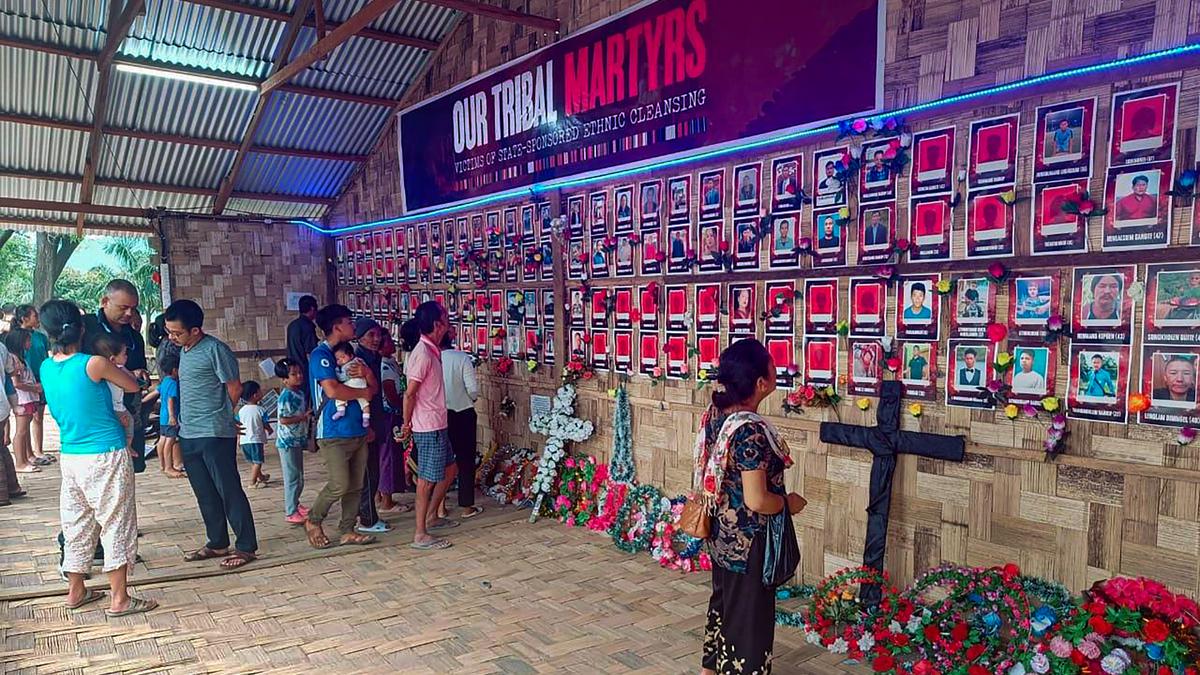
European Parliament calls on India to act promptly to end Manipur violence, protect minorities
The Hindu
European Parliament calls on India to act "promptly" to halt violence in Manipur, protect religious minorities, grant access to journalists and observers, and repeal AFSPA.
Shortly before Prime Minister Narendra Modi arrived in Paris on a State visit, in another French city, Strasbourg, the European Parliament (EP) called on the government to act “promptly” to halt the violence in Manipur and protect religious minorities. The resolution passed by a show of hands on Thursday after a debate on the issue on Wednesday evening.
The government had rejected the move, with Foreign Secretary Vinay Kwatra saying on Wednesday that the Manipur situation was “wholly and totally internal” to India. Over 142 people have been killed and 54,000 displaced so far.
The final EP resolution asks the government “to protect all religious minorities, such as Manipur’s Christian community, and to pre-empt any further escalation”. It also calls on authorities to grant unhindered access to the area by journalists and international observers and to end internet shutdowns.
The EP resolution also asked the government “to repeal the unlawful Armed Forces Special Powers Act in line with the recommendations of the UN Universal Periodic Review”.
Through the resolution, Members of the European Parliament (MEPs) called on the E.U. to make human rights prominent in its dialogue and relationship with India — a point that was repeatedly raised during the pre-vote debate. The process brought together an unlikely mix of left and right parties which also approved two other resolutions on rights in Venezuela and Kyrgyzstan.
During the debate, MEPs voiced concern not just around Manipur and its minorities but about India as a whole.
One MEP, Pierre Larratourou (Group of the Progressive Alliance of Socialists and Democrats), criticized Mr. Modi and the government’s policies since 2014.













